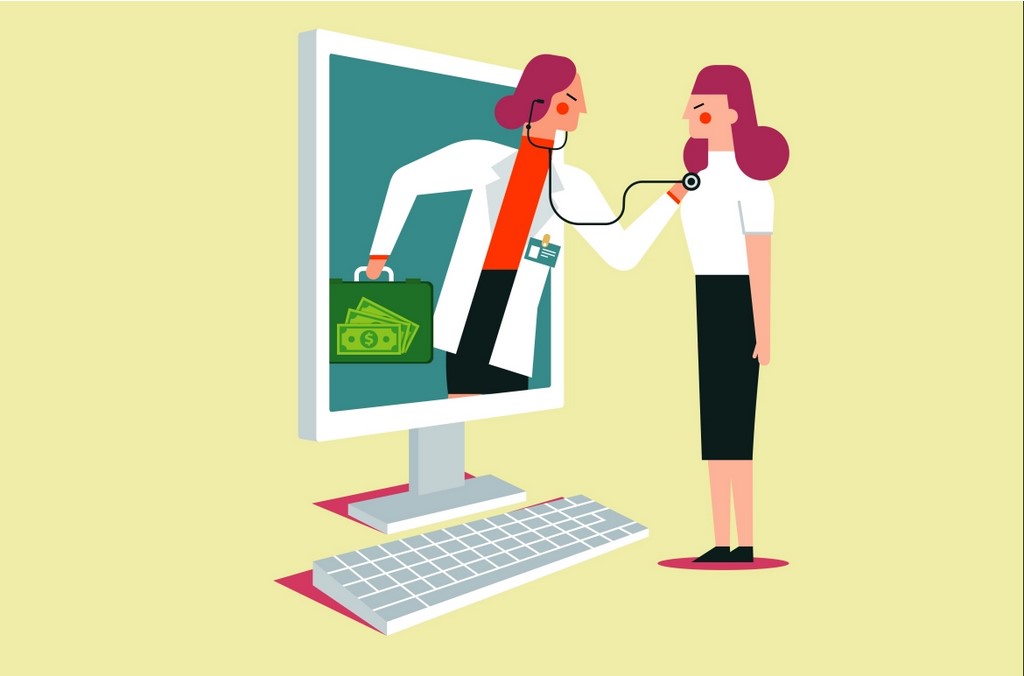By Jeffrey Doeve
During the COVID 19 pandemic, it wasn’t an exaggeration to say that you were scared of going to the hospital. More than ever, patients had to fear contracting an airborne illness that could wreak havoc on their personal health, while doctors and practitioners were overworked through long hours of a never ending wave of cases. One solution that arose out of necessity during the pandemic was actually telemedicine, and here are some reasons that we should continue to implement it in our healthcare system in a post-pandemic world.
1) Convenience
Being able to communicate with a health practitioner from your own home is not only convenient for you as the patient, but also for the doctor. In the modern era, we have digital devices to be thankful for, as they make communication easy and seamless. Transferred to the healthcare system, we’re able to take health calls from home in the comfort of our pajamas, while avoiding the actual hassle of hunting for expensive parking at the hospital and putting yourself at risk for COVID. Our doctors are able to pre-screen for conditions and symptoms, making the hospital a safer place for everyone. Furthermore, telemedicine reduces the strain on our healthcare system in a time where certain resources like masks or vaccines are scarce.
2) Preventative Care
With great convenience comes great benefits. One of these benefits is preventative care, as making care more accessible all around makes it easier for certain routine checkups to be done. In fact, one study found that a telemonitoring system improves the risk profiles in acute coronary syndrome survivors and can even serve as a tool for secondary prevention. Overall, the benefits of preventative care cannot be overstated, as it is much easier to treat many conditions in their early stages.
3) Better Patient Care Quality and Enjoyment
Having telemedicine available to patients makes reporting symptoms and maintaining appointments much simpler. Allowing patients to have a direct line to their healthcare provider improves the overall experience of hospitals, as there are no long queues waiting for a prescription or diagnosis and patients can feel more comfortable in their own home surrounded by family. An extension of that would be that there is better patient care quality through an expedited timeline of care. Some patients can even learn about their treatment options after a few minutes of consulting with their doctor.
When Should You Use Telemedicine?
Now to address the elephant in the room- telemedicine does have its shortcomings, mainly in the form of being unable to perform any sort of physical treatment. However, telemedicine isn’t meant to be an end all, be all solution to the woes of the healthcare system. Instead, it should be viewed as an additional feature to healthcare that can make getting a medical opinion or prescription much more convenient. Even though telemedicine was born out of necessity during the COVID 19 pandemic to keep both patients and doctors safe, it still has relevant applications in a post-COVID world.
Sources:
[1]-https://www.hopkinsmedicine.org/health/treatment-tests-and-therapies/benefits-of-telemedicine
[2]-https://www.ncbi.nlm.nih.gov/pmc/articles/PMC6556699/
[3]-https://www.medicalnewstoday.com/articles/telemedicine-benefits#benefits

